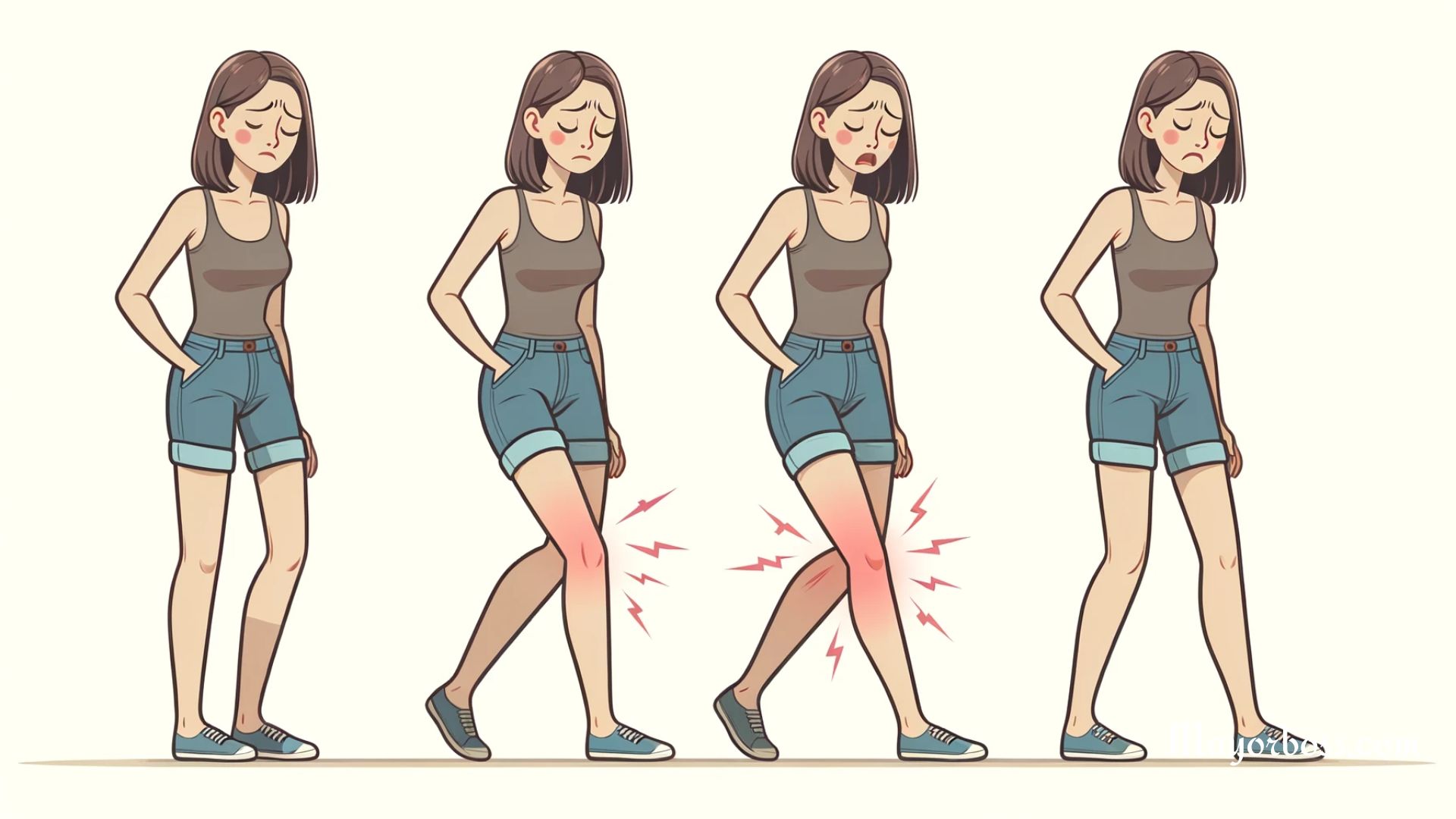The Health Benefits of Vitamin D3
Vitamin D3, a crucial nutrient for your overall health, plays a significant role in maintaining various bodily functions. You are generally known as the “sunshine vitamin. This article will guide you through the benefits of Vitamin D3, how it impacts your body, and why it’s essential for your health.

Understanding Vitamin D3
Before diving into the benefits, it’s important to understand what Vitamin D3 is. Vitamin D3, also known as cholecalciferol, is one of the two main forms of Vitamin D, which your body primarily obtains from sunlight exposure and certain foods. It differs from Vitamin D2, which is found in plant-based sources.
Why Vitamin D3 is Vital for You
Bone Health
One of the primary roles of Vitamin D3 is to control calcium and phosphorus levels in your body. These minerals are essential for maintaining strong and healthy bones. Without sufficient Vitamin D3, your bones can become thin, brittle, or misshapen. This is particularly important as you age, as Vitamin D3 can help prevent osteoporosis and fractures.
Immune System Boost
Vitamin D3 is a key player in keeping your immune system strong. It enhances your body’s ability to fight off infections and diseases. If you’re often catching colds or the flu, a lack of Vitamin D3 might be a contributing factor.
Mood Regulation and Mental Health
Did you know that Vitamin D3 can influence your mood? Low levels of Vitamin D3 have been linked to conditions like depression and anxiety. Ensuring you get enough Vitamin D3, especially during the darker winter months, can help keep your spirits high.
Benefits for Muscle Function
Struggling with muscle weakness? Vitamin D3 might be what you need. This nutrient is essential for maintaining muscle function. A deficiency in Vitamin D3 can lead to weakened muscles, which in turn increases the risk of falls, especially in the elderly.
Heart Health
There’s growing evidence that Vitamin D3 supports heart health. It may help regulate blood pressure and reduce the risk of heart disease. Keeping your heart healthy is crucial, and Vitamin D3 is a valuable ally in this endeavor.
Support for Weight Loss
If you’re on a weight loss journey, Vitamin D3 might give you an extra edge. Some research suggests that Vitamin D3 can potentially aid in weight loss and weight management. It’s believed that this vitamin helps to enhance the significance of leptin, a hormone that signals your brain to stop eating.
Cancer Prevention Potential
One of the most promising areas of Vitamin D3 research is its potential role in cancer prevention. Vitamin D3 might play a role in controlling the growth and development of cancer cells. Studies are ongoing, but this is an exciting area of research.
How to Get Enough Vitamin D3
Sunlight Exposure
Your body inherently produces Vitamin D3 when exposed to sunlight. Spending time outdoors, especially in the midday sun, can boost your Vitamin D3 levels. However, you should balance this with skin cancer risk and use sunscreen as needed.
Diet and Supplements
Certain foods are rich in Vitamin D3, such as fatty fish (like salmon and mackerel), egg yolks, and fortified foods. However, getting enough Vitamin D3 from food alone can be challenging. Supplements are often recommended, especially in regions with limited sunlight.
Recommended Dosage
The recommended daily amount of Vitamin D3 varies depending on age, health conditions, and individual needs. It’s essential to ask your healthcare provider to give you the correct dosage.
Summary
Vitamin D3 is paramount for bone health, immune system function, muscle strength, and possibly heart health and mood regulation. It might also support weight loss efforts and have cancer-preventive properties. Sunlight, certain foods, and supplements are ways to ensure you’re getting enough of this vital nutrient.
Frequently Asked Questions About Vitamin D3
Can you get enough Vitamin D3 from the sun alone?
It depends on various factors, including your location, skin color, and the amount of skin exposed to the sun. For many people, especially in winter months or in higher latitudes, sunlight alone may not be sufficient to maintain optimal Vitamin D3 levels.
Are there any risks associated with taking Vitamin D3 supplements?
While Vitamin D3 supplements are generally safe, excessive intake can lead to toxicity, resulting in hypercalcemia and other health issues. Following recommended guidelines and consulting with your doctor or pharmacist is compulsory.






